- Your cart is empty
- Continue Shopping

Product
Introduction
G-NIB, with gefitinib as its active ingredient, is a groundbreaking medication that targets epidermal growth factor receptor (EGFR) mutations in certain types of cancer. This targeted therapy is particularly effective in the management of non-small cell lung cancer (NSCLC) with EGFR mutations. This description aims to provide a comprehensive overview of the characteristics, clinical applications, and considerations associated with G-NIB (Gefitinib).
Mechanism of Action
Gefitinib is classified as a tyrosine kinase inhibitor that selectively targets the EGFR protein. EGFR is a receptor on the surface of cells that, when mutated, can contribute to the uncontrolled growth and division of cancer cells. By inhibiting the activity of EGFR, G-NIB helps interrupt these signaling pathways, impeding the progression of EGFR-mutated cancers.
Clinical Applications
- EGFR-Mutated Non-Small Cell Lung Cancer (NSCLC): G-NIB is primarily indicated for the treatment of locally advanced or metastatic NSCLC with activating mutations in the EGFR gene. It is particularly effective in cases where standard chemotherapy may not be the optimal choice.
Dosage Forms and Strengths
G-NIB is commonly available in oral tablet form, with various dosage strengths, often ranging from 250mg. The prescribed dosage is determined by the treating oncologist based on individual patient factors and the specific cancer being treated.
Characteristics and Considerations
- Precision Targeting: G-NIB is a prime example of precision medicine, tailoring treatment to the genetic characteristics of the cancer. It specifically addresses tumors with EGFR mutations, allowing for a more targeted and effective approach.
- Regular Monitoring: Ongoing monitoring is crucial during G-NIB therapy to assess treatment response, manage potential side effects, and make any necessary adjustments to the treatment plan.
- Common Side Effects: Adverse effects associated with G-NIB may include skin rash, diarrhea, and changes in liver enzyme levels. These side effects are generally manageable with appropriate medical guidance.
- Drug Interactions: G-NIB may interact with other medications, and patients should inform their healthcare providers about all drugs, including over-the-counter medications and supplements, to avoid potential interactions.
- Pregnancy and Fertility: G-NIB may pose risks to the developing fetus, and patients are advised to use effective contraception during treatment. The impact of G-NIB on fertility should also be discussed with healthcare providers.
Conclusion
G-NIB, featuring gefitinib as its active component, represents a significant advancement in the treatment of EGFR-mutated NSCLC. Its precision targeting of cancer cells with specific genetic alterations exemplifies the future direction of cancer therapy—personalized and more effective. As with any cancer treatment, the decision to use G-NIB involves careful consideration of individual patient factors, ongoing monitoring, and open communication between patients and healthcare providers. G-NIB stands as a beacon of hope for individuals facing EGFR-mutated cancers, offering a tailored and innovative approach to cancer care.
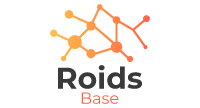
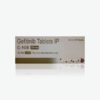

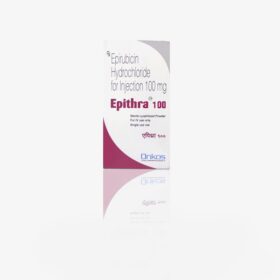
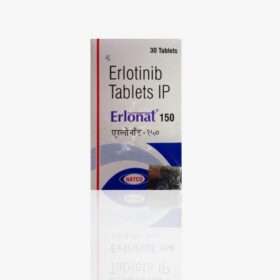
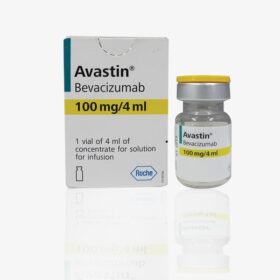
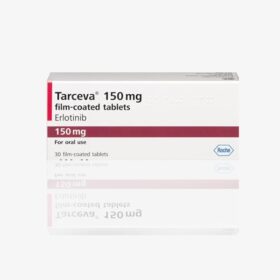

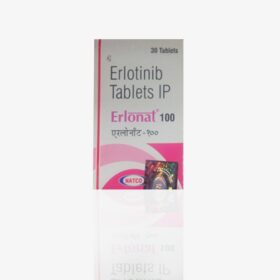
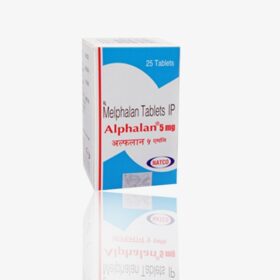
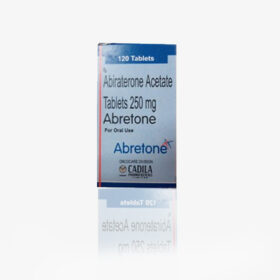



Reviews
There are no reviews yet.